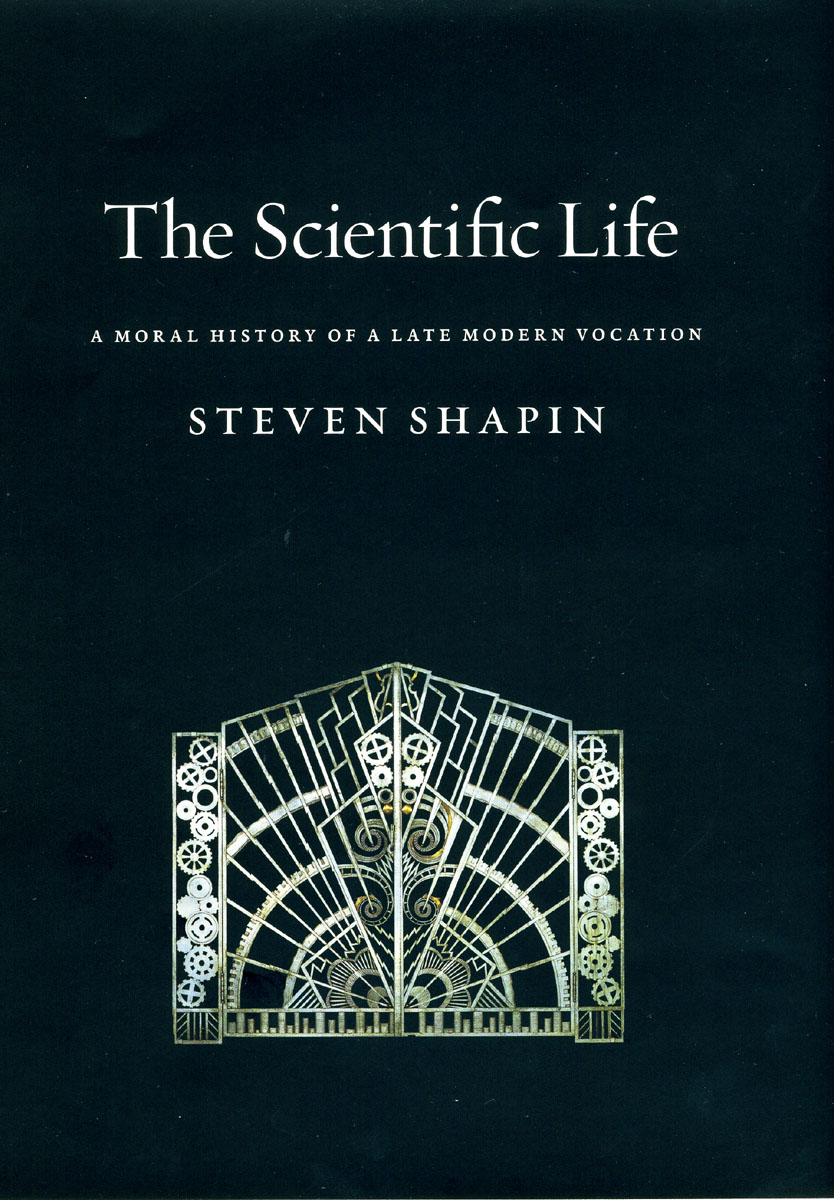Who are scientists?

The July 6 Boston Globe published an enlightening interview with Steven Shapin, Harvard professor of the History of Science and author of the forthcoming book The Scientific Life: A Moral History of a Late Modern Vocation. In the interview Shapin discusses his book and its critique of conventional notions about the various motivations and incentives that drive scientific production. Instead, Shapin proposes a much more nuanced picture of of the scientific career and character. From the preface to the interview:
Testifying before congress in 1950, MIT president Karl Compton declared, of American scientists: “I don’t know of any other group that has less interest in monetary gain.”
That view of scientists might draw a few wry smiles around Kendall Square today. But it also represents a lingering 20th-century ideal: The scientist as a virtuous academic who pursues knowledge as an end in itself. In contrast to that ideal stands the wealth-seeking industrial scientist, a specialist who merely applies science to the problem of putting new products on the market.…
That’s the wrong way to think about the whole scientific enterprise, says Steven Shapin.… Scientists, Shapin thinks, do not merely choose between virtue and riches, instead worrying more about where they can pursue their intellectual goals, and thus open up new scientific frontiers.
Thinking otherwise means we fail to understand the very people whose inventions in medicine or computer science are, Shapin writes, “making the worlds to come.”
Read the interview on the Boston.com website.
Also see these other books by Steven Shapin previously published by the press:
A Social History of Truth: Civility and Science in Seventeenth-Century England
The Scientific Revolution